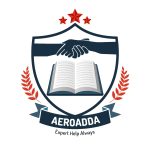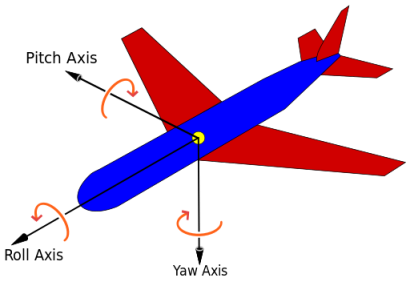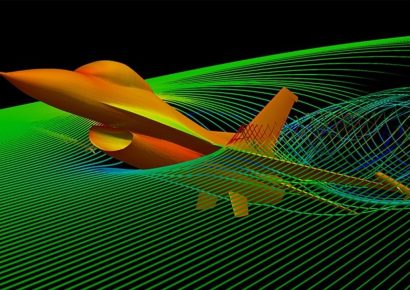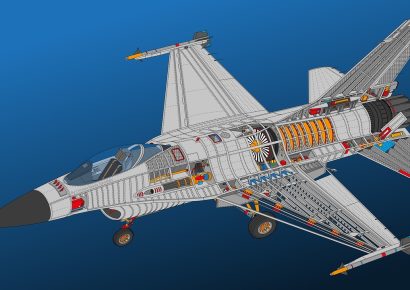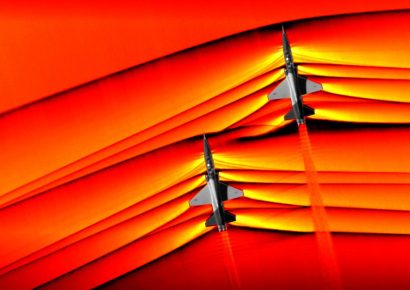About Course
This course delves into the principles of flight mechanics, examining the forces and moments acting on an aircraft, its stability and control, and the performance characteristics essential for safe and efficient flight. It covers both theoretical concepts and practical applications in aviation.
Course Content
AIRCRAFT PERFORMANCE
-
ISA II LECTURE 1 II
00:00 -
ATMOSPHERE NUMERICAL II LECTURE 2 II
00:00 -
PITOT STATIC TUBE AND AIRSPEEDS II LECTURE 3 II
00:00 -
STEADY LEVEL FLIGHT II LECTURE 4 II
00:00 -
DRAG POLAR EQUATION II LECTURE 5 II
00:00 -
MINIMUM THRUST REQUIRED II LECTURE 6 II
00:00 -
MINIMUM POWER REQUIRED II LECTURE 7 II
00:00 -
RANGE AND ENDURANCE II LECTURE 8 II
00:00 -
RANGE AND ENDURANCE II LECTURE 9 II
00:00 -
RANGE AND ENDURANCE II LECTURE 10 II
00:00 -
CLIMBING FLIGHT II LECTURE 11 II
00:00 -
CLIMBING FLIGHT II LECTURE 12 II
00:00 -
CLIMBING FLIGHT NUMERICAL II LECTURE 13 II
00:00 -
ABSOLUTE AND SERVICE CEILING II LECTURE 14 II
00:00 -
GLIDING FLIGHT II LECTURE 15 II
00:00 -
GLIDING FLIGHT II LECTURE 16 II
00:00 -
GLIDING FLIGHT NUMERICAL II LECTURE 17 II
00:00 -
TURNING FLIGHT II LECTURE 18 II
00:00 -
TURNING FLIGHT II LECTURE 19 II
00:00 -
TURNING FLIGHT II LECTURE 20 II
00:00 -
TURNING FLIGHT NUMERICAL II LECTURE 21 II
00:00 -
TURNING FLIGHT NUMERICAL II LECTURE 22 II
00:00 -
TURNING FLIGHT II LECTURE 23 II
00:00 -
PULL UP AND PULL DOWN-VERTICAL TURNING FLIGHT II LECTURE 24 II
00:00 -
TAKE OFF FLIGHT PERFORMANCE II LECTURE 25 II
00:00 -
LANDING FLIGHT PERFORMANCE II LECTURE 26 II
00:00 -
AIRCRAFT PERFORMANCE Q & A


